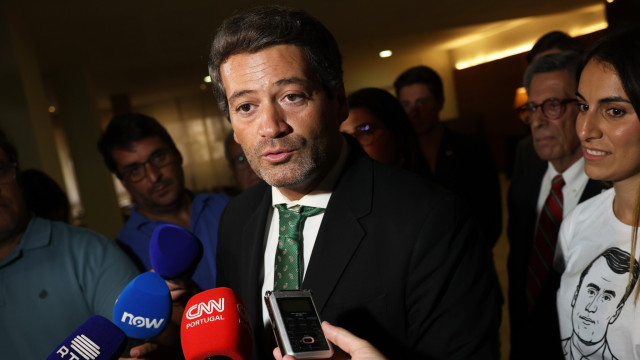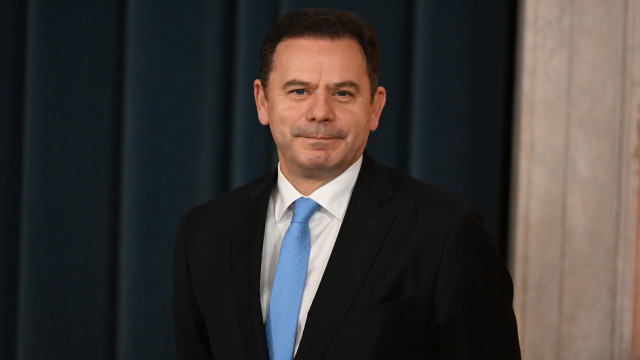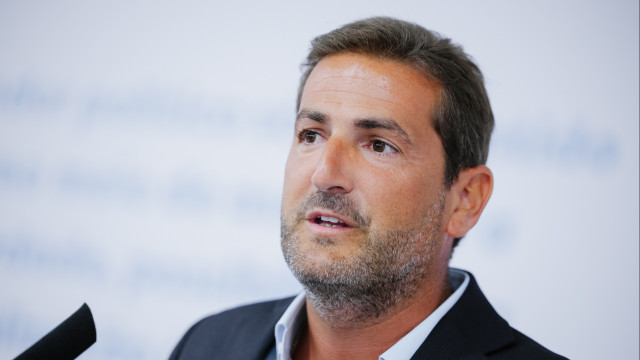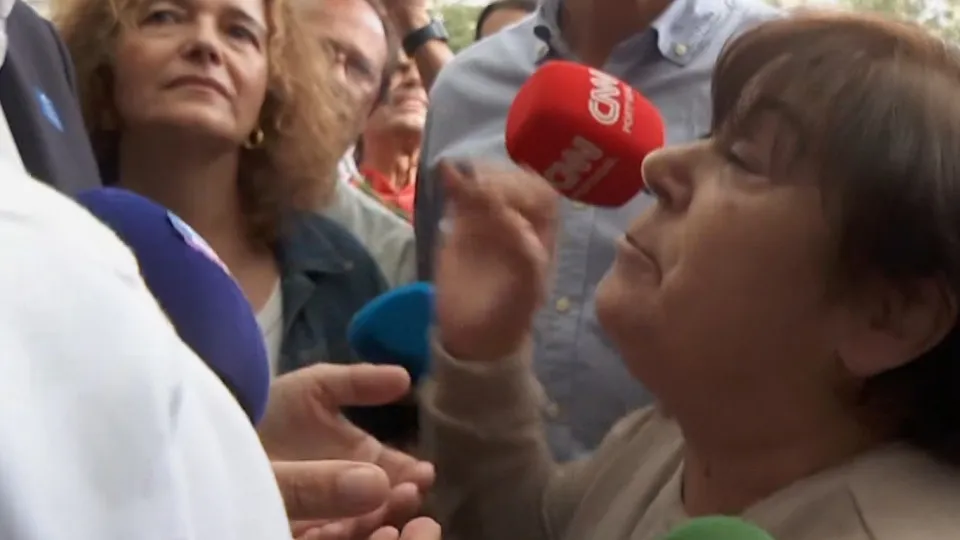The Chega party and the Social Democratic Party (PSD) have formed a group to negotiate amendments to the immigration law following its veto by the President, Marcelo Rebelo de Sousa, and subsequent rejection by the Constitutional Court.
This development was announced on Friday by Chega’s leader, André Ventura, and later confirmed by the Prime Minister, Luís Montenegro.
In a statement, Chega highlighted “the government’s return to the negotiating table” and expressed commitment towards achieving a consensus aimed at protecting Portugal’s borders and managing uncontrolled immigration.
Discussions are set to take place over the weekend to ensure the revised immigration law is ready for approval by Tuesday, when it will be reviewed and voted on again in Parliament.

Chega announced today that it has established a joint group with the PSD to negotiate amendments to the immigration law, with the objective of having this legislation “ready for approval” next week.
Lusa | 12:28 – 26/09/2025
Montenegro speaks of “cooperation”
Following the announcement, Montenegro confirmed ongoing discussions with Chega regarding changes to the immigration law. Speaking to reporters in Coimbra, the Prime Minister stated that Ventura’s party “is now available to engage in this work with the parties supporting the government.”
Montenegro emphasized that “parliamentary groups should collaborate and cooperate, particularly those willing to engage,” to find a “solution beneficial for the country,” which regulates immigration but ensures “the capacity to integrate people seeking Portugal with dignity.” Despite discussions with Chega, he insisted that the PSD is not closing “the door to anyone.”

The Prime Minister today confirmed in Coimbra that the PSD is in dialogue with Chega regarding amendments to the immigration law, but stressed that negotiations are open to all political forces.
Lusa | 14:13 – 26/09/2025
The ‘process’ and reactions
Hours after the announcement, Ventura discussed the group’s formation, noting that the Prime Minister initiated the move for Chega and PSD to reach consensus on the immigration law.
“The Prime Minister took the initiative to contact me yesterday [Thursday], I didn’t respond immediately, which is unusual for me as I typically respond right away, especially to the Prime Minister, but today I responded and we exchanged ideas, realizing the necessity for a consensus,” Ventura detailed, without giving specifics of his discussion with Montenegro but stating that they concluded it was significant for the two parties to collaboratively finalize the immigration law text.
The establishment of this group prompted several reactions, such as from PSD’s parliamentary leader, Hugo Soares, who deemed it normal for parties to engage in specialty discussions and advocated that negotiations with Chega on the immigration law are “the most natural”, considering its approval of the initial version.

PSD’s parliamentary leader today described it as normal for parties to engage in discussions within their specialty, asserting that negotiations with Chega on the immigration law are “most natural,” given its approval of the initial version.
Lusa | 14:20 – 26/09/2025
“We will engage in dialogue and work towards a solution with those parties that share our vision of the issue. And it is normal, I repeat, very normal, the most natural, that we are also speaking with Chega, as it was the party that supported this issue with us in the first vote.”, he declared.
Meanwhile, Livre’s parliamentary leader, Isabel Mendes Lopes, noted that her party has not been contacted recently regarding the immigration law.
“It is clear with whom the PSD and the government chose to discuss the immigration law and related matters. There is a clear collusion with Chega on these issues,” she remarked.
Mendes Lopes expressed concern about this alleged political stance by the PSD, suggesting it implies the government intends to address the issue as Chega does, rather than its own approach.
Read Also: From “more dignified” to “black cloud,” reactions to the new immigration law




